Whether or not humor has been considered too elusive or trivial to warrant serious study on its own terms ,like the popular culture of which it is both part and a partaker, is unclear. Some scholars such as Jesse Bier, Constance Rourke and Walter Blair have pursued American humor’s native strains for indications of the frontier mentality and new world’s cultural emergence in the face of European snobbery and outright denigration. Others have used humor as evidence to discover the covert and latent traits of the American character for the purpose of distinguishing this civilization from Europe.
One evident debt has been the appropriation of European surrealism and its techniques. The conjunction of realism and surrealism in American humour between theWorld wars is more than a coincidence and isolated curiosity. The American comic dialect drew on the existing body of comedic narrative to which was added the fantasies of Groucho Marx, grim satiric surrealism of Nathaniel West, and the Ring Lardner articles and columns in the New Yorker which popularized abnormal states of behavior. It was a comic genre of surreal fantasy around the obscure/illuminated idea of madness being considered the highest brow in humor, and the existential comedy of a person gone mad in a world gone mad, seen by its practitioners as fertile cultural terrain and part of the shifting frontier of America.
It was an exaggeration and embellishment of the resiliant qualities of a non-streamlined and undisciplined mind, antagonizing and acting as protagonist to the linear, cartesian and supposedly logical and straight ahead thinkers. Writer James Thurber, stated ”… the undisciplined mind runs far less chance of having its purposes thwarted, its plans distorted, its whole scheme and system wrenched out of line. The undisciplined mind, in short, is far better adapted to the confused world in which we live today than the streamlined mind.” In part, the movement, as humor, were barbs aimed at the destruction of the bougeois world view know as modernism, whether as satire or as leftist critique.
”It is the formula by which the Marx brothers construct their dialogue. Let us take their justly famous scene [in Animal Crackers,1930] in which Groucho says to Chico, “It is my belief that the missing picture is hidden in the house next door.” Here Groucho has ceased whirling, or circling, and has stopped at a fact, that fact being his belief that the picture is hidden in the house next door. Now Chico, in accordance with Mr. Seabury’s instructions, thinks of something as different from that fact as he possibly can. He says, “There isn’t any house next door.” Thereupon Groucho “mixes that contrast into his situation.” He says, “Then we’ll build one!” Mr. Seabury says, “If you persist you will soon solve any ordinary problem.” He underestimates the power of his formula. If you persist, you will soon solve anything at all, no matter how impossible. That way, of course, lies madness, but I would be the last person to say that madness is not a solution. ( James Thurber )
Surrealism delights in disorder. Its not a happy drug and a means of fleeing; if anything it is often an escape to the grim, a sanctuary to give perspective in order to confront the scandals of existence in order to overcome them. Think Max Ernst, Otto Dix and Joan Miro. The absurd is used as a weapon against a form of nativist, xenaphobic absurdity. The absurdity of roots, soil and blood. Using banality, in hyper expanded form, against the heavy weight of immovable mediocrity and conformity. Black humor against black acts.
In time, however, coop-ting of the genre, dilution and commercialization result in surrealism ”as a ready made”. The modernism,which began as an attack on the bourgeois worldview becomes adopted and integrated into the bourgeois idiom par excellence; a kind of mass produced and ready-made surrealism. Familiar images in unfamiliar contexts in which the images, symbols and iconography are not juxtaposed so much as simply disconnected from their sources. Orphaned and emascualted by market forces and the culture industry’s necessity for recycling old wares into new baubles. The result is modernism becoming a new bourgeois realism; as mass produced derivatives and fascimilies,and pale cliches of the authentic and real.
It is an axiomatic statement that the American South is a unique region in America; and is a good case in point for modernism’s force of dilution within the popular comic culture. Northerner’s and Canadians remark that formerly confederate states are more like a foreign country than any other area contained within the Union. And while American writers are still producing plenty of comedy tied to ethnic minority groups, the South remains the only region that still has identifiable comic types associated with it; Texans and hillbillies are notable in this respect. But the uniqueness of the region is giving way to the inexorable leveling process of the culture ,and homogenization of tastes for the sake of economies of scale. Modern comedy is more a self parody of former southern comic archetypes now reduced to the lower common denominators.
Southern humor, like much of the best southern writing in general, has been boisterous and physical, often grotesque, and generally realistic. On the whole, it has no doubt been better received and more appreciated outside the region than in it.Mark Twain though not purely Southern, was the first originally recognized by the Eastern liberal establishment, then followed by W
am Faulkner who was less easier to categorize . Writing, it appears, has never been a particularly admired occupation, in the South,and in fact quite suspect. Its comic writers, as well as the most perceptive serious writers, have singled out aspects of southern culture that many southerners would sooner forget. Which has probably been construed as a literature of betrayal among some, but the hostility as only sharpened the attack of the comic writer.
The most vital and creative period for purely comic writing in the history of southern letters, if not the most respectable was from the 1830′s to the Civil War.The writers were regarded as subliterary, and outside on the dirt roads of the literary highways and by-ways. It saw the establishment of the major comic stereotypes that would, it seems, serve southern humor more or less forever. The dominant figure was the frontiersman, and he is the literary ancestor of the redneck hillbilly who is still around watching football in his man cave. In this period the black minstrel also appeared. Of the writers who can be classified as primarily comic , among the better known were William Tappan Thompson , Thomas Bangs Thorpe , Johnson J. Hooper , and George Washington Harris . ( Walter Blair, native American Humor )
Mark Twain was the foremost figure of this period from the Civil war to the 1920′s. In his own day he was classified as a literary comedian and local colorist, very closely related to such writers as Artemus Ward and Bret Harte, the three of which has nom de plume different than their real names. however, it took time before Twain’s work would be perceived as serious literature. The combination of humor, local color, and the dialect of an America of uncharted waters was uniquely American and thought of as overly accessible and populist ,and thus sub-literary as well. After Twain, the intrinsic comic element was still found, but now combined serious literary purpose, again leavened by a certain earthiness in the work of William Faulkner and Erskine Caldwell.( Jesse Bier, Rise and Fall of American Humor )
The modern period from post war to present saw the Eudora Welty and Walker Percy as first rank writers with highly evolved comic talents. All of them are much more than comic, but comedy is, again, an intrinsic element in their writing. After which the complexity and literary art becomes increasingly diluted and replaced by craft and form with an echoing and repetitive rhetoric. These include Guy Owen’s ,” The Ballad of the Flim Flam Man” and Mac Hyman’s ”No Time for Sergeants” where the humorous stereotypes continue to be what they had been in the pre-civil war portrayals, namely hillbillies, rednecks and the rural poor as well as blacks. On television and film, The Andy Griffith Show, Beverly Hillbillies, Dukes of Hazzard, Burt Reynolds etc.


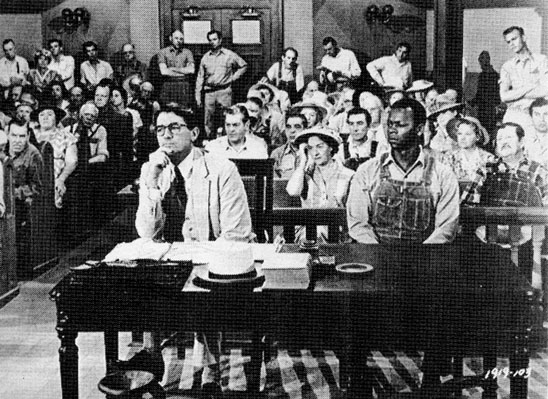


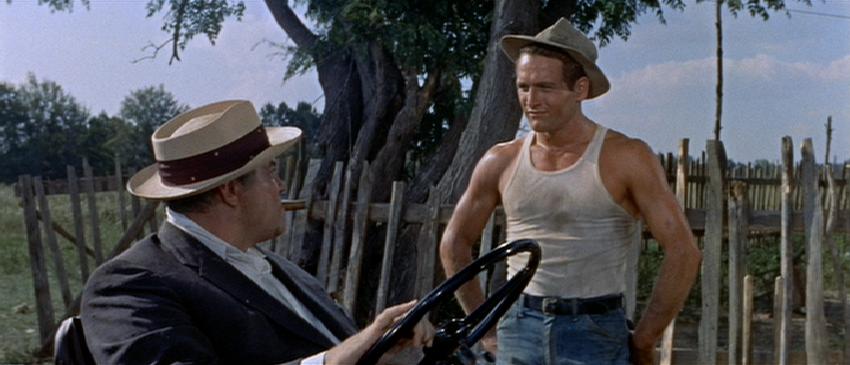
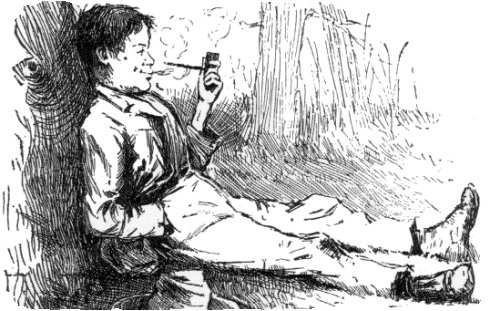
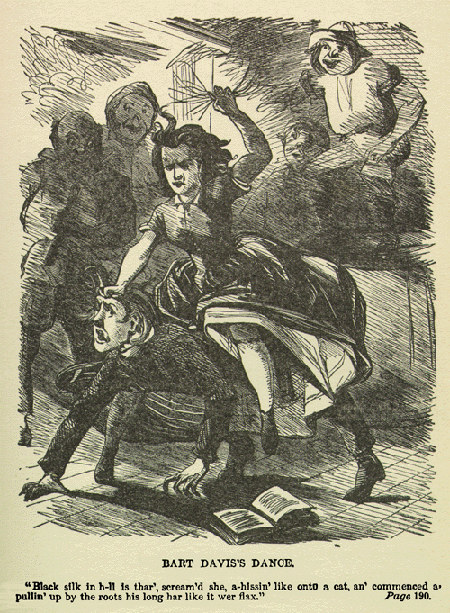
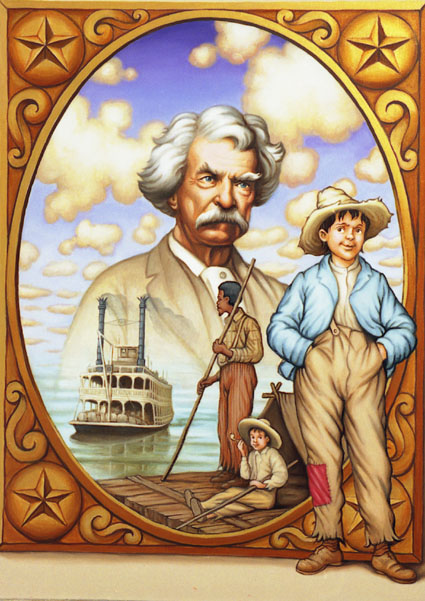
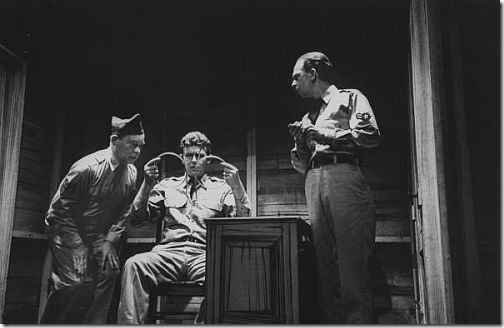




 COMMENTS
COMMENTS




Now this is deep and interesting. Comedy on many different levels has not and will never really change. Love how you mixed the text with the video very internet cool.
Thanks for stopping by, reading and your post. You are right about comedy not changing. In North america it is the culture that becomes shaped because of it; the effect of the ”untrustworthy narrators” originating with the Yankee peddlers.
Best,
Dave
A lot of good information here, fantastic layout too.
Thanks for reading. I think ”The South” as cultural lore is pretty rich.